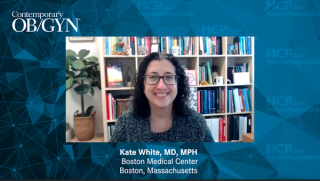
Contraception
Latest News
Latest Videos

CME Content
More News

Review some of the top stories from the Contemporary OB/GYN website over the last week, and catch up on anything you may have missed.
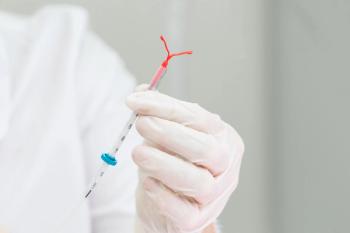
Following the Dobbs v. Jackson ruling, more women are opting for permanent and long-acting contraceptive methods, even in states where abortion access remains protected.

Find out what’s new and what this means for your practice.
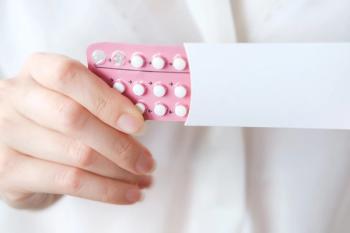
In a recent study, similar bone health results were reported between oral contraceptive users with and without prune consumption, as well as nonusers.

Review some of the top stories from the Contemporary OB/GYN website over the last week, and catch up on anything you may have missed.
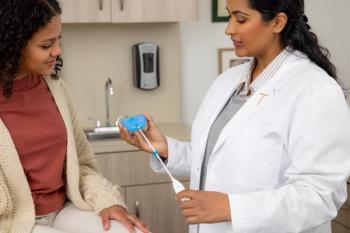
The new single-handed inserter by CooperSurgical streamlines the placement of Paragard, a hormone-free IUD with over 30 years of proven efficacy, enhancing accessibility for both health care providers and patients.

In a recent study, rates of 12-month or longer contraceptive supply were increased by the implementation of a 12-month contraceptive supply policy.

Following the Supreme Court’s decision to retain mifepristone access in June 2024, health care providers have spoken out about the need to fight for reproductive health care protections on a national and local level.

Review some of the top stories from the Contemporary OB/GYN website over the last week, and catch up on anything you may have missed.
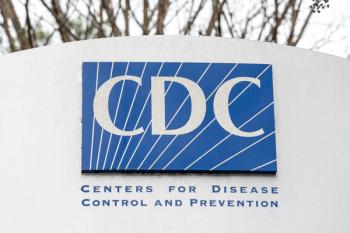
The US SPR has been updated to help clinicians address specific issues that may arise in patients using certain contraceptive methods.

Combined hormonal contraceptives such as the combined oral contraceptive pill, the patch, and the vaginal ring each have unique considerations for use in patients with obesity.

Review some of the top stories from the Contemporary OB/GYN website over the last week, and catch up on anything you may have missed.
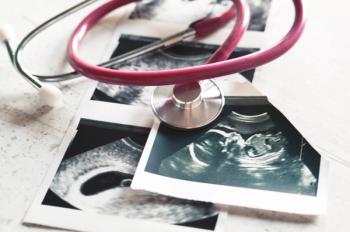
Following the Supreme Court's Dobbs decision, rates of self-managed abortions have risen significantly, especially among marginalized communities, highlighting growing barriers to accessing legal abortion care.

Kristyn Brandi, MD, MPH, FACOG, discusses the Supreme Court's decision to maintain mifepristone availability and its potential impact on future women's health cases.

Review some of the top stories from the Contemporary OB/GYN website over the last week, and catch up on anything you may have missed.

Femlyv, containing norethindrone acetate and ethinyl estradiol, offers a new oral contraceptive option for individuals with swallowing difficulties, expanding access and convenience.

A recent review emphasizes the importance of personalized contraceptive counseling during pregnancy, considering individual preferences, medical conditions, and breastfeeding status.

Review some of the top stories from the Contemporary OB/GYN website over the last week, and catch up on anything you may have missed.

The statewide standing order policy in Massachusetts significantly increased emergency contraceptive fills at pharmacies, with a notable shift from levonorgestrel to ulipristal, according to a recent study.

In an interview with Contemporary OB/GYN, Bianca Hall, DO, MSCR, discusses the Supreme Court’s decision affirming mifepristone's safety and accessibility, emphasizing its role in providing comprehensive abortion care.

A recent study reveals that expanding pregnancy prevention services in emergency department care may address the high incidence of unintended pregnancies.

Review some of the top stories from the Contemporary OB/GYN website over the last week, and catch up on anything you may have missed.
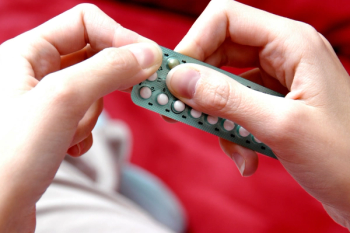
A recent study revealed that the Supreme Court's Dobbs Dobbs decision is linked to reduced oral contraceptive prescriptions, highlighting the need for improved access amidst restrictive abortion policies.

A recent study found that starting contraceptives on the same day of consultation poses a low pregnancy risk, offering a viable option to reduce unintended pregnancies.

A recent study highlights the potential of over-the-counter progestin-only pills to enhance reproductive health care for transgender, nonbinary, and gender-expansive individuals.









